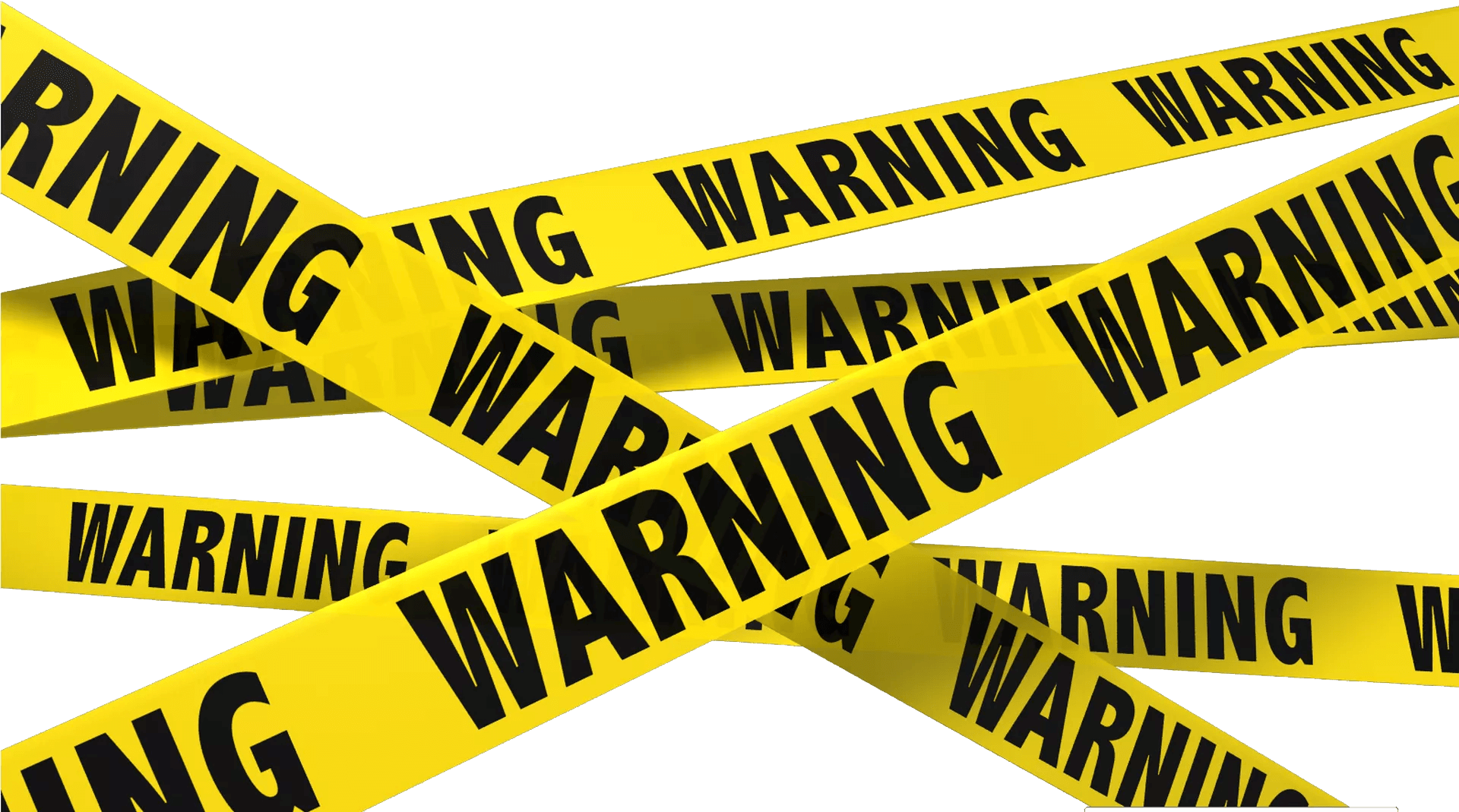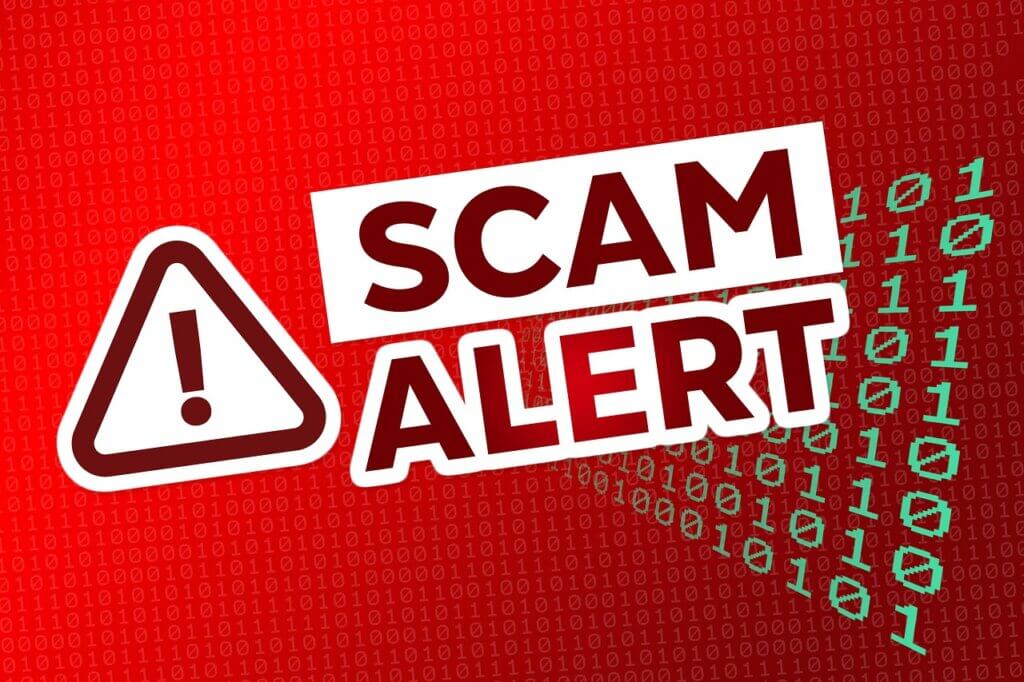A few months ago, a scammer who is NOT associated with the church began sending out e-mails from a google.com address – minister.uusm@gmail.com – that looked like it belonged to Rev. Greg Ward, but was NOT associated with him in any way. The e-mail asked for financial assistance and encouraged people to send money to the person who sent the original note.
(More specifically, the notes read: “Thanks for getting back to me. I need to get a steam wallet gift card for a cancer patient I promised her as a birthday gift but I can’t do that now, I would have called you but I’m in a meeting and I’m going to be here for a while. Can you get it for me from any store around, I’ll pay you back. God bless you.”)
In the last week, the scam has popped up again, this time using the addresses president.uusm@gmail.com, oos.uusm@gmail.com and admin.uusm@gmail.com. Please note that NONE OF THESE ADDRESSES BELONG TO UUSM. All official UUSM correspondence these days comes from addresses ending in @uusm.org, NOT from anything at gmail.com
If you receive one of the scam e-mails, please do NOT click on anything in it, do NOT reply to the e-mail, and do NOT send any money to the person who sent the e-mail.
Here’s more from Jacki:
Dear UUSM congregants:
If you have received an email from president.uusm@gmail.com or another unusual gmail address, it is a scam by someone who would love to relieve you of some of your cash. Refrain from responding by email or clicking on attachments sent from unknown email addresses.
Official emails come from uusm.org email addresses not gmail addresses. Personal emails from members may come from any email address.
Always, if the content of any email sounds a little uncharacteristic of sender, it’s probably phishing.
May you have a phish-free day,
Jacki
- Open your Gmail inbox and click to open the phishing message.
- Click or tap the three-dot “More” menu next to the Reply button.
- Click or tap “Report phishing” to open the pop-up window, then click “Report phishing.” The message is forwarded to the Gmail Team.
Also, users of any email program can report the emails to the federal government by forwarding the messages to the Anti-Phishing Working Group at reportphishing@apwg.org and to the FTC at ftc.gov/complaint.
Finally, for more on phishing scams and how you can recognize them, see https://phishingquiz.withgoogle.com/





